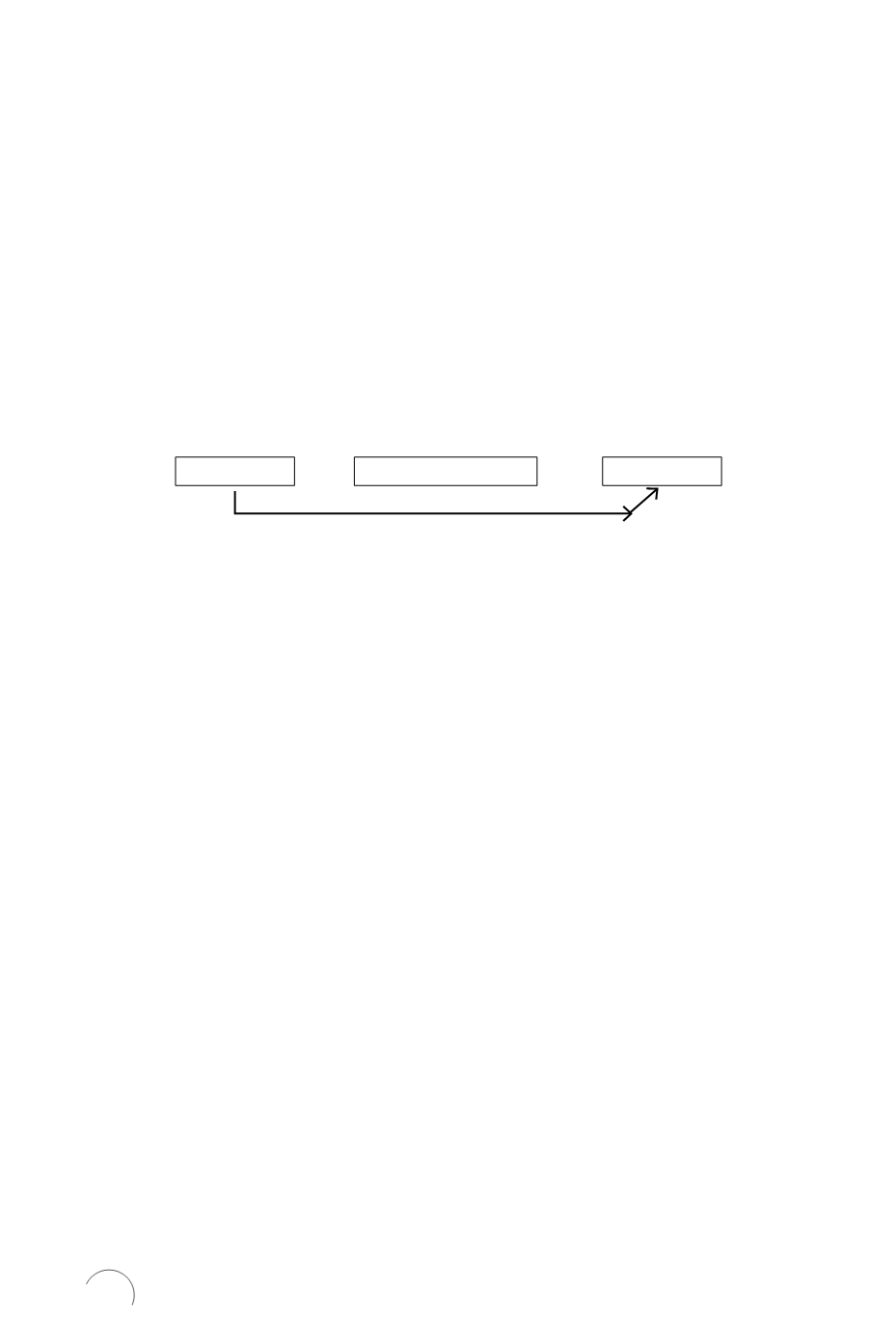
76
Murat Önder & Niyazi Karabulut
proach to voting is based on the rational choice model. Where it is argued that an election
decision has been reached by evaluating certain issues on the agenda rationally by the
voters in the electoral process. It must be a matter of importance for the electorate to
focus his or her decision on voting. Information about this issue should be positive and
negative. The issue of topic voting is often the economy. Especially in Turkey, voters
are more sensitive to negative economic indicators than positive economic indicators.
For this, type of voter behavior is punishing more than rewarding (Damlapınar and Balcı,
2014:113-114).
One of the important factors affecting voter behavior is the ideological voting approach.
Figure 1: Ideological Voting Model
Self Beliefs
Operating Principles
Voting
Source: Durdu, 2010:43, (Çavuşoğlu and Pekkaya, 2016:22).
As seen in the model above, ideologies are divided into activities, with self beliefs, which
include assumptions about goals, values and the world. Individuals can use party prefe-
rences in parallel with their ideology. The ideological impact may vary depending on such
factors as the profession, the level of education, and the social environment of the voters
(Çavuşoğlu and Pekkaya, 2016:23).
Elections as a Political Process
The elections constitute a control mechanism for services to the public (James, 2011:414).
One of the most important factors leading to the formation of political power in democ-
ratic societies is the act of joining political life. This simplest form of political participation
can be expressed as voting in the elections (Negiz and Akyıldız, 2012:171). Especial-
ly in geographical regions of Turkey, this form has ofteen been confronted (De Miguel,
2016:14). Effects such as income inequality, social identity and lower socioeconomic
class etc. may manipulate the geographical regions’ control mechanism for services in
terms of the public management and its elections (Han, 2016:54).
Elections are also considered as a communication tool in political process. A healthy ele-
ction provides a healthy communication. But absolute healthy choices are only available
in authoritarian regimes. So elections solely may not provide democratic freedom (Damla-
pınar and Balcı, 2014:113-114). Nyhuis (2016:39) describes this situation as high valence
which candidates may achieve better electoral results when compared to a low-valence
competitor on average. Against autocratic tendencies, Helgason (2016:22) indicates that
democracies can be a healing factor to the systems when spend substantaviely more


